The Science of Human Aging and Longevity
Introduction
Human aging and longevity is a complex field of study that encompasses a variety of disciplines, including biology, genetics, and gerontology. The science of human aging involves understanding the biological processes that lead to the physical and mental decline associated with old age, while the study of longevity focuses on the factors that contribute to a long and healthy life. This article will delve into the intricate science behind these phenomena, providing a comprehensive and detailed exploration of the topic.
Biology of Aging
The biology of aging, also known as biogerontology, is the study of the biological processes that lead to aging. This includes the study of cellular senescence, the process by which cells lose their ability to divide and function properly. Cellular senescence is thought to be a key driver of aging and is associated with a variety of age-related diseases.
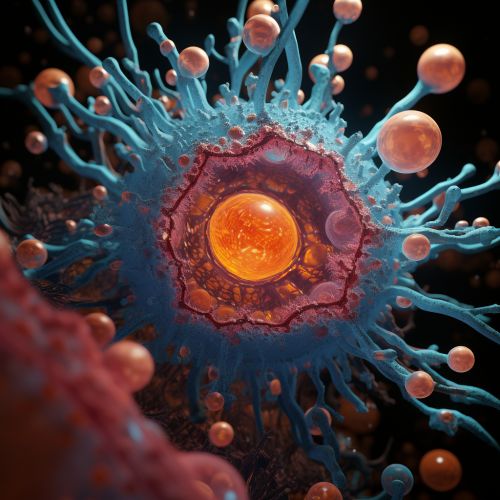
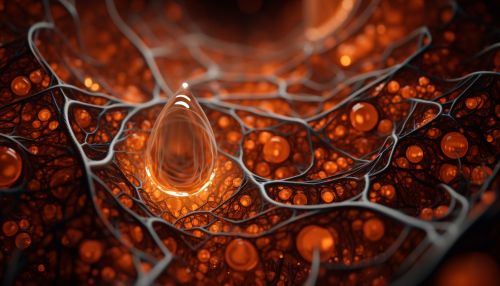
Cellular Senescence
Cellular senescence is a state of permanent cell cycle arrest that is thought to contribute to aging and age-related diseases. Senescent cells accumulate in tissues with age, and their presence has been linked to a variety of age-related conditions, including cancer, cardiovascular disease, and Alzheimer's disease.
DNA Damage and Aging
DNA damage is another key factor in the aging process. As we age, our cells accumulate DNA damage due to a variety of factors, including exposure to environmental toxins and errors in DNA replication. This damage can lead to cellular senescence and apoptosis (cell death), contributing to the decline in organ function that occurs with age.
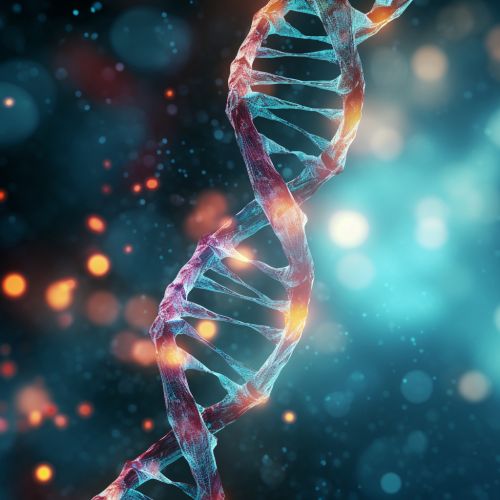
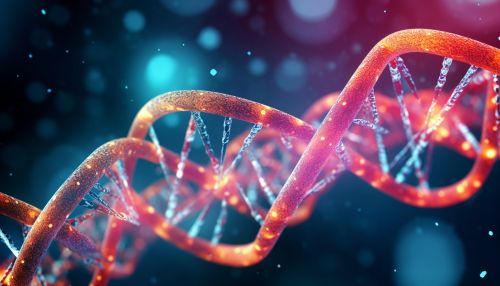
Genetics of Aging and Longevity
The genetics of aging and longevity involves the study of how genes influence the aging process and lifespan. Research in this area has identified a number of genes that are associated with longevity, many of which are involved in DNA repair, cellular senescence, and other processes related to aging.
Genes Associated with Longevity
Several genes have been identified that are associated with longevity. These include the SIRT1 gene, which is involved in DNA repair and cellular senescence, and the FOXO3 gene, which is involved in the regulation of cell death and stress resistance. Variations in these genes have been linked to a longer lifespan in multiple studies.
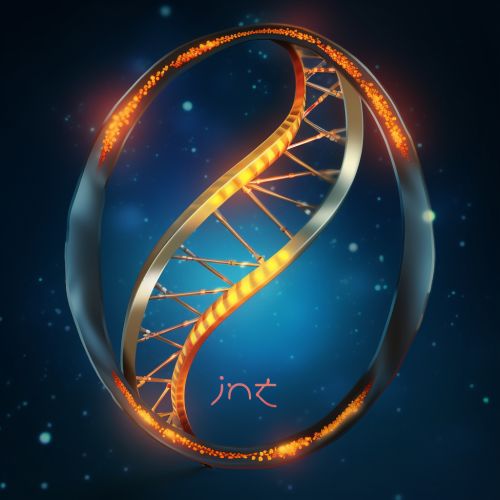
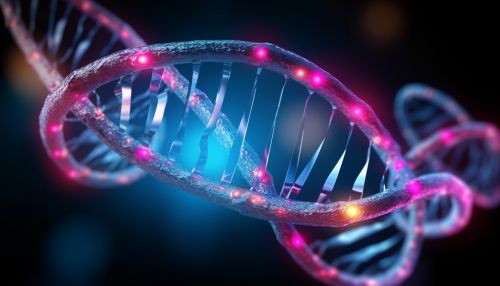
Gerontology and the Study of Aging
Gerontology is the study of the social, psychological, cognitive, and biological aspects of aging. It is a multidisciplinary field that involves researchers from a variety of backgrounds, including biology, psychology, and sociology. Gerontologists study a wide range of topics related to aging, from the biological processes that drive aging to the social and psychological aspects of growing old.
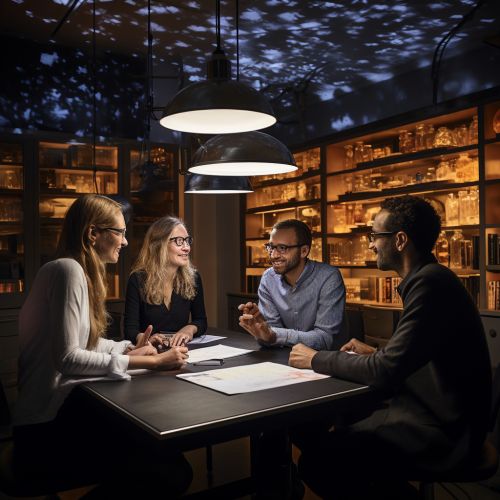

Conclusion
The science of human aging and longevity is a complex and multifaceted field that encompasses a variety of disciplines. By studying the biological processes that drive aging, the genetic factors that influence lifespan, and the social and psychological aspects of growing old, researchers are gaining a deeper understanding of what it means to age and how we can promote a long and healthy life.
